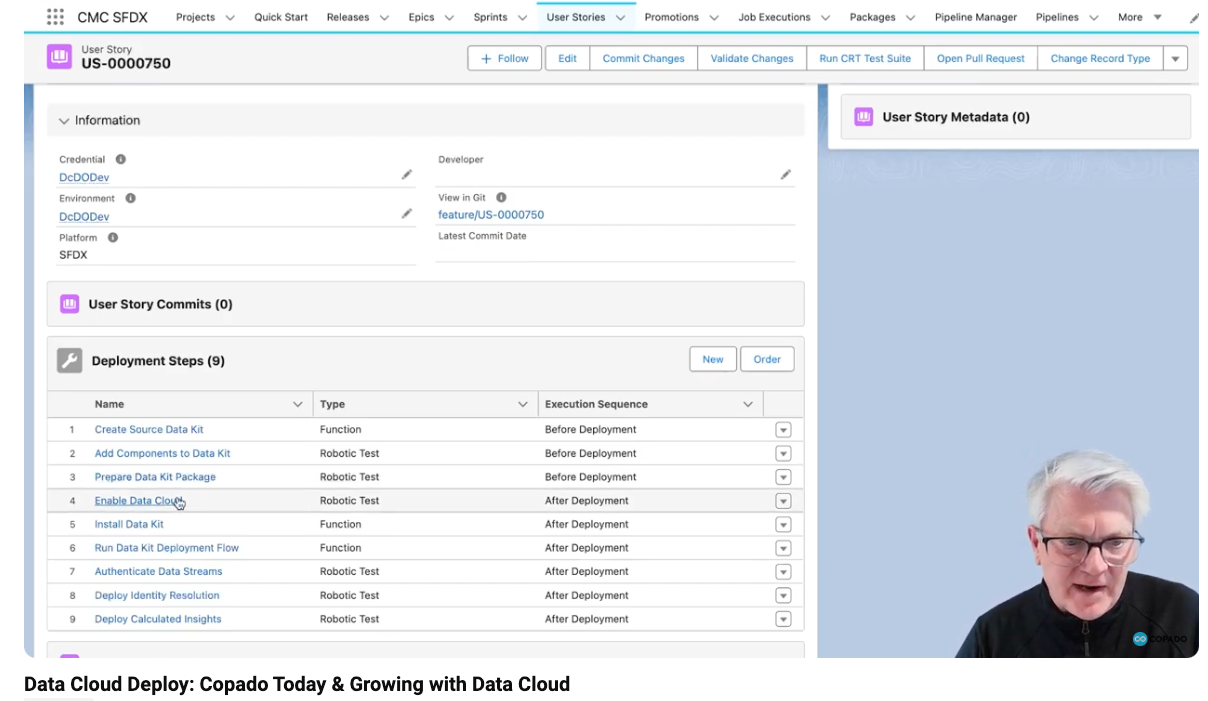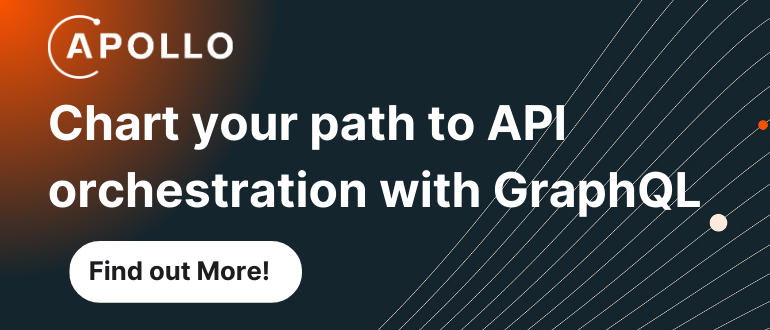Copado this week extended the reach of its DevOps platform to include the Salesforce Data Cloud service, which is at the core of the artificial intelligence (AI) agents that Salesforce hopes organizations will build and deploy on its platforms.
The Salesforce agentic AI strategy, dubbed Agentforce, revolves around using the Salesforce Data Cloud to provide access to metadata that will be used to train AI models to automate specific tasks.
David Brooks, senior vice president of evangelism for Copado, said Copado is now making it possible to apply best DevOps practices to configuring the Salesforce Data Cloud, including integrations with sandboxes and data kits.

The Salesforce software-as-a-service (SaaS) application platform requires a special set of DevOps tools because it is based on a set of objects, tables and metadata that need to be invoked by any custom application added to the platform. That approach eliminates the traditional separation of concerns on other platforms used to build and deploy applications, noted Brooks.
It’s not clear how many custom applications are being deployed on the Salesforce platform, however, as more organizations begin to build and deploy AI agents the need for a set of well-defined best practices for building them will become more apparent, he added.
In general, DevOps teams should expect to see a wave of AI agent projects being launched. There is no shortage of AI agents being added to commercial applications but in many cases, organizations will opt to also build AI agents that are trained to specifically automate tasks that are unique to their organizations. Some of those AI agents might be deployed on a SaaS application platform, or they might be added to existing custom applications that DevOps teams have built and deployed. The challenge will then become finding a way to orchestrate the integration and management of all these AI agents across an end-to-end business process.
Regardless of approach, the machine learning operations (MLOps) workflows that are generally used to build AI agents will need to become more tightly coupled to the DevOps practices used to deploy the software that AI agents are going to be embedded in. The challenge will be finding a way to meld two distinct cultures that have evolved around data science and application development teams.
Less clear is the degree to which AI might be employed to build AI applications. As AI is increasingly used to write code it’s only a matter of time before AI agents running on DevOps platforms will be used to create AI applications. Copado is already adding generative AI copilots to its platforms to automate the building of test scripts. In time, DevOps teams will have access to any number of AI agents capable of performing a wide range of tasks that previously required a significant amount of manual toil.
In the meantime, DevOps teams should be preparing now for a new era of software development where applications are built and deployed at rates of speed that not too long ago would have been considered simply unimaginable.











